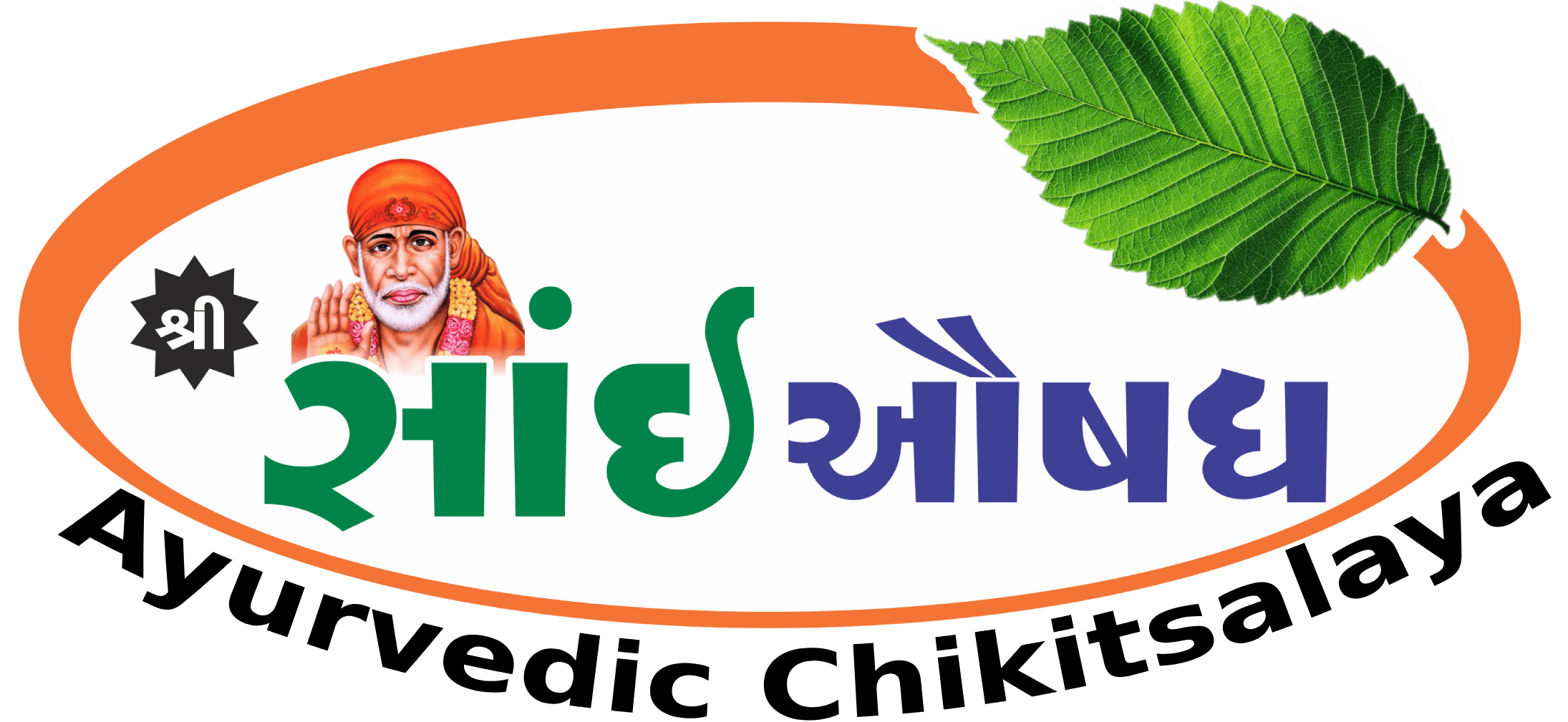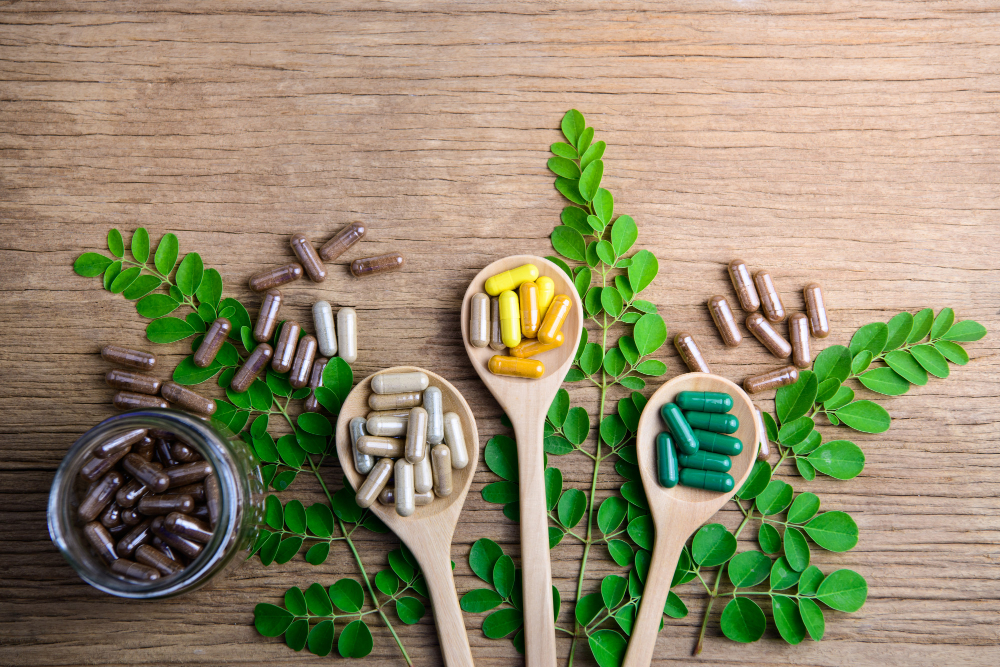The classical Ayurveda texts delineate three stages of life broadly described as young age, middle age & old age.These can be translated as the kapha stage of life(young), pitta stage of life(middle) & the vata stage of life (old age).
Charaka samhita describes the vata phase of life as our final act starting around age 50 or 60.As the vata in our constitution increases,we experience a range of physical & mental changes,ranging from drier skin to declining cognitive abilities. Yet the vata stage can also bring softening & wisdom.
According to Ayurveda,Jara or aging is not a disease but a natural phenomenon like hunger,thirst or sleep.Jara is influenced by factors affecting shareera (physical),Indriya(emotional),satwa(psychic level),agni(metabolism) and bala/ojas(immunity).
Mental and physical ill health weakens dhatusamya (homeostasis) resulting in akalaja
vriddhavastha (pathological aging). Ayurveda takes a holistic approach towards the maintenance of dhatusamya,a state of equilibrium of normal anatomical, biological, physiological, mental & spiritual well being.Hence a balanced state of tissue (dhatu),energy systems(dosha),heat of transformation(agni) & metabolic wastes(mala) constitute homeostasis in Ayurveda that leads to healthy aging(sukhayu/kalaja vriddhavastha).
Some of the important factors that affect Jara or healthy aging include
- Kala parinama(time & transformation)
- Kala influences a human from conception till death & this time period is called Ayush(lifespan)
- Prakruti determines an individual’s capacity for transformation at the physical,mental & emotional levels.
- Doshas determine longevity at the cellular level.
- Ahara(diet)is an important factor that influences aging or jara.
- As with each stage,an increase in vata during our elder years is completely natural.
- Lifestyle
One of the most supportive lifestyle commitments we can make to support vata is to slow down.
The following practices are particularly supportive of the vata stage of life.
Abyanga
The ancient self massage practice benefits both the physical &energetic body.Massaging warm oils into the skin & scalp naturally counters the dry,rough & cold nature of vata helping to lubricate & protect bodily tissues while gently insulating & grounding the nervous system.
- Nasya”
It is the practice of applying a medicated nasya oil to the nasal passages.
It is particularly calming to vata because it lubricates & soothes these delicate respiratory tissues while easing constriction,relieving stress,supporting mental clarity,improving the quality of voice & strengthening vision.
- Pranayama & meditation
During the vata stage of life,quieting the mind & nervous system becomes ever more important.
- Gentle exercise
Physically vata is the most delicate of the doshas so as your transition into the vata stage of life,it is important to cultivate a fine tuned ear for the needs of your body.
Vata is most supported by simple,whole foods that are cooked moist,soft in texture.These types of foods help to pacify vata by kindling agni, lubricating the tissues, promoting proper nourishment, grounding the body & encouraging warmth throughout the system.

